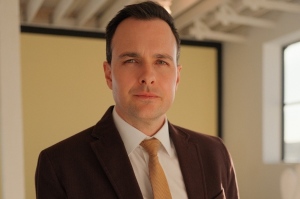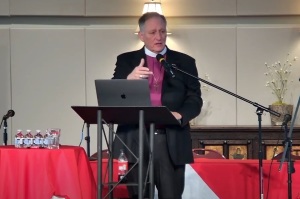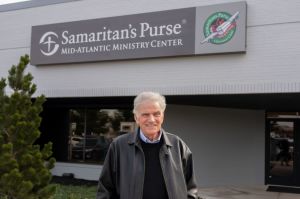Atlantis Touches Ground, Ends Shuttle Program; What's Next for NASA?
NASA’s Atlantis made its landing at Kennedy Space Center early Thursday, marking the end of a 30-year space shuttle program, a program that has become a symbol for American space exploration leadership.
Although America's space exploration leadership is to remain undisputed for now, the end of such a program along with Congress' plan to axe the James Cobb Telescope project, a project NASA has claimed would provide 20 years worth of new studies and discoveries, makes the future plans of this division uncertain which could affect its leadership down the road.
For the first time in 30 years, the U.S. has no spacecraft to carry its crew members to Space Station and if it were to send supplies or additional crew members in orbit, it would solely depend on Russia to carry it out.
During the final shuttle mission, Grammy nominee Matthew West found himself to be part of history. The Christian artist's song "More" was played as a wake-up call last week for Mission Specialist Rex Walheim from NASA’s Mission Control Center. Walheim described the song as "a great description of the beauty of this earth, and a wonderful reminder of God’s love for us.”
The Atlantis separated from the International Space Station on Wednesday to head back to Earth, and on that last day, the Atlantis crew was reported to read out a poem after their last successful deployment of a satellite.
The Poem:
One more satellite takes its place in the sky,
The last of many that the shuttle let fly.
Magellan, Galileo, Hubble and more
Have sailed beyond her payload bay doors.
They’ve filled science books and still more to come.
The shuttle’s legacy will live on when her flying is done.



























